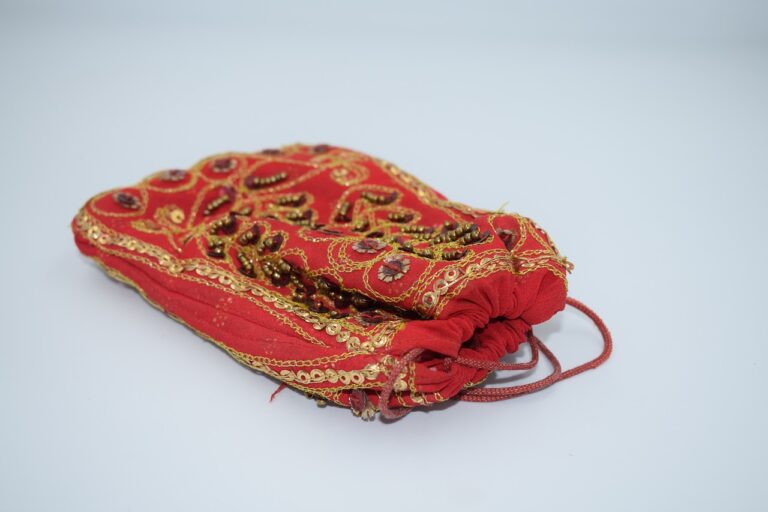Sustainable Fashion Brands: Case Studies and Success Stories in Eco-Friendly Apparel
In the realm of sustainable fashion, Patagonia stands out as a trailblazer. The brand has long been committed to environmental and social responsibility, incorporating recycled materials into their designs and advocating for fair labor practices. Patagonia’s transparency and dedication to reducing their carbon footprint set a high standard for the industry as a whole.
Another brand making waves in sustainable fashion is Eileen Fisher. Known for their timeless and elegant designs, Eileen Fisher also prioritizes sustainability in every aspect of their production process. From using organic fibers to implementing a take-back program for old garments, the brand continues to lead by example, showing that fashion can be both chic and eco-conscious.
Innovative Materials and Production Processes
Some fashion brands are exploring new avenues in their quest for innovative materials and production processes. By integrating cutting-edge technologies and sustainable practices, they are paving the way for a more eco-conscious industry. These brands are pushing the boundaries of traditional methods to create clothing that not only looks good but also minimizes its impact on the environment.
With a focus on reducing waste and carbon emissions, these forward-thinking companies are redefining the future of fashion. By incorporating recycled materials, biodegradable fabrics, and energy-efficient manufacturing processes, they are setting a new standard for sustainability in the industry. This shift towards eco-friendly practices not only benefits the planet but also resonates with consumers who are increasingly seeking out ethical and environmentally responsible brands.
• One of the innovative materials being used by these brands is recycled polyester, which helps reduce the amount of plastic waste in landfills
• Another popular choice is Tencel, a biodegradable fabric made from sustainably sourced wood pulp
• Some brands are also investing in 3D printing technology to create garments with minimal waste and precise fit
• Energy-efficient manufacturing processes such as solar-powered factories and water recycling systems are becoming more common in the industry
Impact of Eco-Friendly Practices on the Fashion Industry
In recent years, the fashion industry has witnessed a significant shift towards incorporating more eco-friendly practices into their business models. From implementing sustainable sourcing of materials to adopting ethical production processes, many brands are now striving to reduce their environmental footprint. This movement towards sustainability not only benefits the planet but also resonates well with consumers who are increasingly conscious of the impact of their purchasing decisions.
As more consumers become aware of the environmental consequences of fast fashion, there is a growing demand for sustainable alternatives in the market. This shift in consumer behavior is forcing fashion brands to rethink their practices and prioritize eco-friendly initiatives. By embracing sustainability, these brands not only contribute to a greener future but also set a positive example for the industry as a whole.
What are some of the brands that are leading the way in sustainable fashion?
Some of the brands that are leading the way in sustainable fashion include Patagonia, Eileen Fisher, Stella McCartney, and Reformation.
What are some innovative materials being used in sustainable fashion?
Innovative materials being used in sustainable fashion include organic cotton, bamboo, Tencel, recycled polyester, and Pinatex (made from pineapple leaves).
How do eco-friendly production processes impact the fashion industry?
Eco-friendly production processes help reduce the carbon footprint of the fashion industry, minimize waste, and promote ethical working conditions for workers.
What is the overall impact of eco-friendly practices on the fashion industry?
Eco-friendly practices in the fashion industry help reduce pollution, conserve natural resources, and promote a more sustainable future for the industry and the planet.







